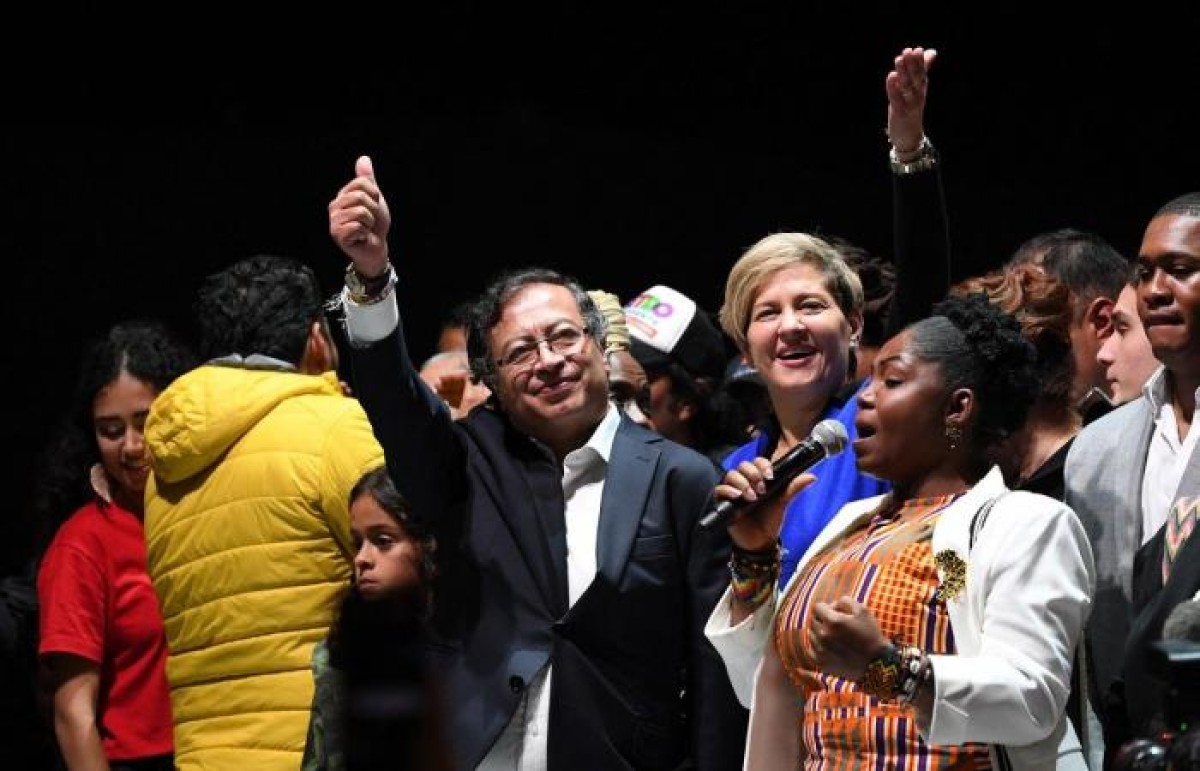 620
620
Due to its unique geopolitical location, superpowers have been relentlessly striving to extend their hegemony in Latin America, which has historically witnessed numerous political upheavals. South America was referred to as the US’ backyard until a few decades ago.
Despite a long history of being heavily influenced by Washington, Latin America has recently emerged as an anti-imperialist region. As a result, politicians antagonistic to the United States have won more often in recent presidential elections in several Latin American nations.
With the rise of revolutionary politicians such as Hugo Chávez in Venezuela, Lula da Silva in Brazil, Evo Morales in Bolivia, Rafael Correa in Ecuador, and Daniel Ortega in Nicaragua, Latin America experienced significant radical political changes in the late 20th and early 21st centuries, which can be regarded as the inception of “New Leftism” or the “Modern Left.”
Although leftist leaders have dominated Latin America for some time, the region’s left-wing governments have begun to lose elections due to the global financial crisis, economic stagnation, poor management, widespread corruption, and resource depletion in social service programmes.
However, with Nicaraguans electing Daniel Ortega to serve a fifth term as president, Latin America once again experienced the rise of left-wing politicians. Meanwhile, the defeat of the US-backed opposition in Venezuela bolstered Chávezism and Nicolás Maduro’s leadership. Furthermore, voters in Honduras overthrew the right-wing administration in the last weeks of last year with a landslide victory for leftist parties, signalling a dramatic change across Latin America. Finally, a young left-wing candidate, Gabriel Boric, won the recent elections in Chile, bringing an end to the Washington-backed dictatorship.
Today, Colombia, with its recent elections, has joined the list of Latin American countries that have chosen Leftists in recent years.
Gustavo Petro, a former guerrilla fighter, a member of the “Historic Pact for Colombia”, and an erstwhile mayor of Bogota, won the second round of Colombia’s presidential election a few days ago, becoming the nation’s first leftist president. According to Mr Petro, his leftist administration in Colombian history would harbinger a new chapter in the political landscape of the country.
Given that Colombia has been a longtime ally of the United States and the Zionist regime, Gustavo Petro’s ascent to power is deemed a watershed moment. Hence, the election of a left-wing administration in Colombia would increase regional solidarity while gravely endangering US agendas in South America
Comment
Post a comment for this article